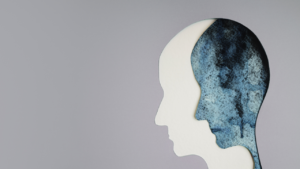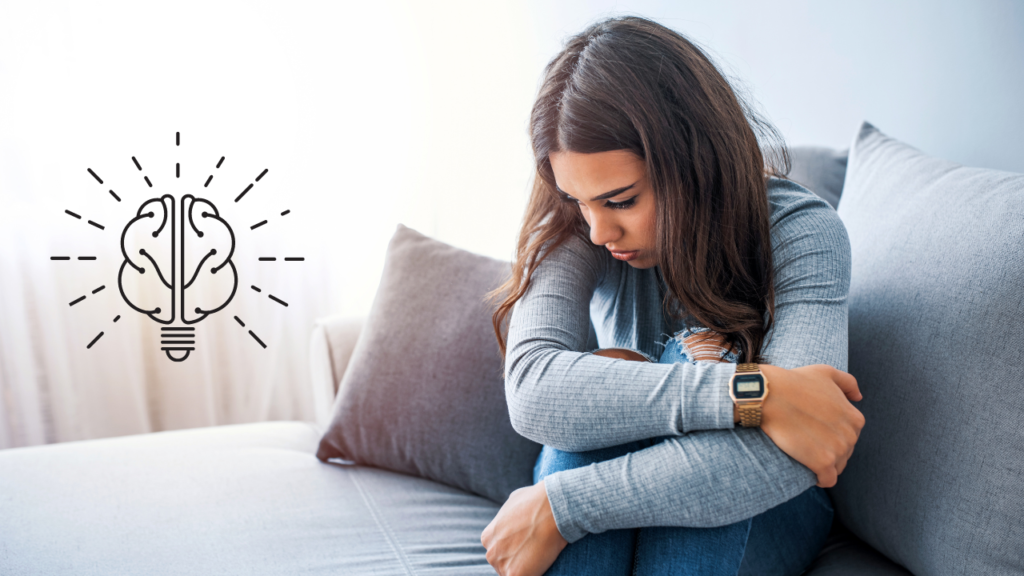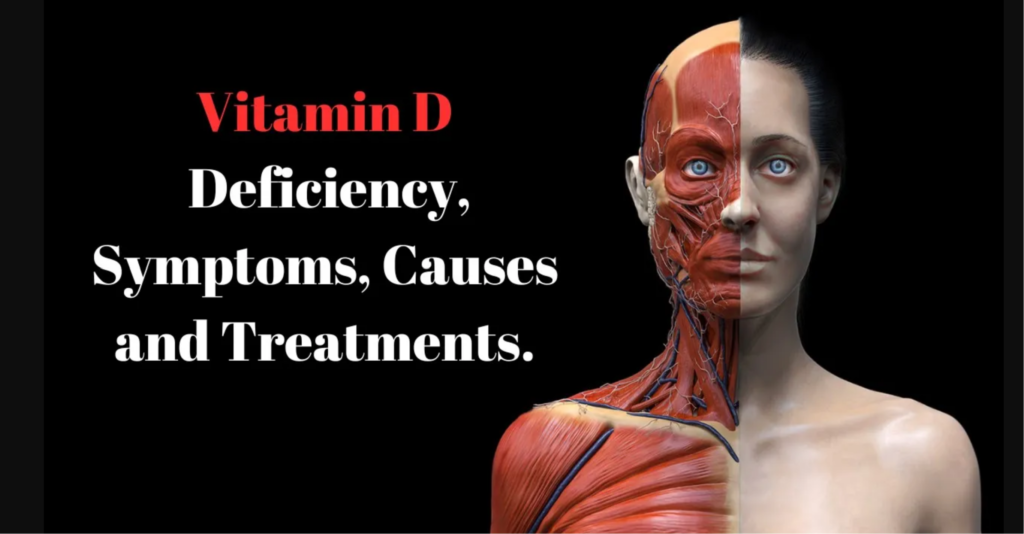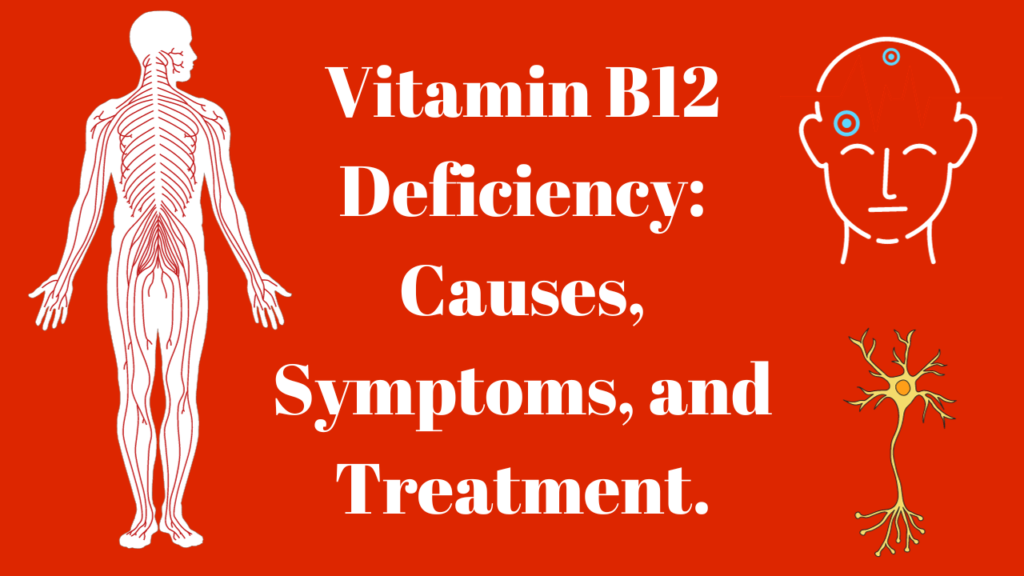Sleep and Mental Health
Introduction
According to a November 2021 study of 22,330 adults from 13 countries, one in every three participants had clinical insomnia symptoms, and nearly 20% met the criteria for insomnia disorder—rates that were more than double those before the pandemic. Furthermore, sleep problems were associated with higher levels of psychological discomfort. In the same poll, anxiety and depression rates were significantly higher than they were prior to the pandemic.
Getting adequate quality sleep at the correct times can benefit your mental and physical health, quality of life, and safety.
Why is sleep so vital for our mental health?
Many of us are aware that “a good night’s sleep” makes us feel better, whereas sleep deprivation makes us irritable or forgetful. And there is now strong evidence that sleep is important for both our physical and mental wellbeing. Poor or insufficient sleep has been shown to promote negative emotional responses to stimuli while decreasing good feelings.
While more research is needed to understand the mechanisms underlying the link between sleep and mental health, we do know that sleep is necessary for a variety of brain and body functions involved in daily event processing as well as emotion and behavior regulation. Sleep helps to sustain cognitive functions such as attention, learning, and memory, thus bad sleep can make it much more difficult to cope with even mild stressors and even impair our capacity to see the world accurately. Why is sleep so vital for our mental health?
Many of us are aware that “a good night’s sleep” makes us feel better, whereas sleep deprivation makes us irritable or forgetful. And there is now strong evidence that sleep is important for both our physical and mental wellbeing. Poor or insufficient sleep has been shown to promote negative emotional responses to stimuli while decreasing good feelings.
While more research is needed to understand the mechanisms underlying the link between sleep and mental health, we do know that sleep is necessary for a variety of brain and body functions involved in daily event processing as well as emotion and behavior regulation. Sleep helps to sustain cognitive functions such as attention, learning, and memory, thus bad sleep can make it much more difficult to cope with even mild stressors and even impair our capacity to see the world accurately.
What are the psychological consequences of sleep deprivation? Is there a link between poor sleep and mental health conditions, including suicidal ideation?
Absolutely. Inadequate or poor-quality sleep can raise the chance of developing mental health issues. While insomnia can be a symptom of psychiatric disorders such as anxiety and despair, it is now known that sleep disturbances can contribute to the beginning and worsening of a variety of mental health issues, including depression, anxiety, and even suicidal ideation.
Sleep deprivation research have shown that normally healthy persons can feel higher anxiety and distress as a result of inadequate sleep. Those with mental health illnesses are more prone to encounter chronic sleep problems, which can exacerbate psychiatric symptoms and potentially raise the risk of suicide. The good news is that there are strategies to enhance sleep quality and quantity, thus diagnosing and treating sleep issues is crucial for reducing the severity of psychiatric diseases.
How can I tell if I’m not sleeping enough?
Sleep deprivation might cause you to feel extremely weary during the day. You may not feel rested and alert when you awaken. Sleep deprivation can also interfere with job, school, driving, and social activities.
How drowsy you feel during the day might help you determine whether you have symptoms of issue drowsiness.
You may be sleep-deprived if you frequently feel like you could doze off while:
Sitting and reading or watching television
Sitting still in public places, such as a movie theater, meeting, or school.
Driving in a car for an hour without stopping
Sitting and conversing with someone
Sitting calmly after lunch.
Waiting in traffic for a few minutes
Sleep deprivation can interfere with learning, focusing, and reacting. You may have difficulty making decisions, solving problems, remembering information, controlling your emotions and behavior, and dealing with change. You may take longer to complete tasks, have slower reaction times, and make more errors.
What are the reasons of sleep problems?
Everyone’s sleep is influenced by unique factors. They could include:
Factors that may impact sleep quality include financial, housing, or work concerns, uncomfortable sleeping conditions, parental responsibilities, medication use, recreational substance use, shift work, trauma, and mental and physical health issues.
Sleep and Your Health
What happens while you sleep influences how you feel while waking. During sleep, your body works to promote both optimal brain function and physical health. Sleep promotes growth and development in children and teenagers.
Sleep deprivation can cause immediate harm (such as a car accident) or long-term harm. For example, prolonged sleep deprivation can increase your risk of developing certain chronic health issues. It can also influence how well you think, respond, work, learn, and interact with people.
Mental health advantages
Sleep helps your brain function correctly. While you sleep, your brain prepares for the next day. It is creating new pathways to help you learn and recall knowledge.
According to studies, getting a good night’s sleep boosts learning and problem-solving abilities. Sleep also improves attention span, decision-making ability, and creativity.
Sleep deprivation also alters brain activity in certain areas, according to research.
If you don’t get enough sleep, you may struggle to make decisions, solve problems, control your emotions and behavior, and cope with change. Sleep deprivation has also been connected to depression, suicide attempts, and risk-taking behavior. Offering popular women’s necklaces such as pendants, chokers and. Shop for jewelry in a variety of metals and gemstones to suit any occasion.
Children and teenagers who do not receive enough sleep may struggle to interact with others. They may become aggressive and impetuous, experience mood swings, be melancholy or depressed, or lack motivation. They may also struggle to concentrate, have worse marks, and experience tension.
Physical Health Benefits
Sleep is essential for maintaining your physical health.
Good quality sleep:
Heals and restores the heart and blood vessels.
Supports a proper balance of the hormones that cause you to feel hungry (ghrelin) or full (leptin). When you don’t get enough sleep, your ghrelin levels increase while your leptin levels decrease. This causes you to feel hungry than when you’re well rested.
Affects how your body responds to insulin. Insulin is the hormone that regulates your blood glucose (sugar) levels. Sleep deprivation raises blood sugar levels over normal, which may increase your risk of developing diabetes.
Promotes healthy growth and development. Deep sleep causes the body to release a hormone that promotes healthy growth in children and adolescents. In addition to increasing muscle mass, this hormone aids in the healing of cells and tissues in children, adolescents, and adults. Sleep also influences puberty and fertility.
Sleep deprivation has an impact on your body’s ability to fight viruses and sickness. For example, if you don’t get enough sleep, you may struggle to fight off common diseases.
Reduces your risk of developing health problems such as heart disease, high blood pressure, obesity, and stroke.
Daytime Performance and Safety
Getting adequate quality sleep at the appropriate times allows you to perform well throughout the day. People who lack sleep are less efficient at job and school. They take longer to complete activities, have slower reaction times, and commit more errors.
After multiple nights of sleep deprivation—even if it’s only 1 to 2 hours per night—your ability to operate declines as if you hadn’t slept at all for a day or two.
Lack of sleep can also cause microsleep. Microsleep refers to small periods of sleep that occur while you are ordinarily awake.
You cannot manage microsleep, and you may be unaware of it. For example, have you ever driven somewhere and then forgotten part of the journey? If so, you may have had microsleep.
Even if you are not driving, microsleep can have an impact on your ability to function. If you’re listening to a lecture, for example, you may miss some material or feel as if you don’t grasp what’s being said. You may have slept through part of the lecture without realizing it.
Some people are unaware of the dangers of insufficient sleep. In fact, they may not even recognize they are sleep deprived. They may believe they can work well even if they have received little or poor-quality sleep.
For example, tired drivers may believe they are capable of driving. However, studies suggest that sleep deprivation has an equal or greater impact on driving performance than alcohol. It is estimated that driver sleepiness contributes to over 100,000 car accidents per year, resulting in approximately 1,500 deaths.
Sleep deprivation affects more people than only drivers. It can impact people of all professions, including healthcare workers, pilots, students, lawyers, mechanics, and assembly line workers.
For some, foregoing sleep represents power and productivity. However, health professionals have advocated for a cultural shift in how we think about sleep. Is that transition occurring?
Unfortunately, we know that even before the pandemic, and especially in the last two years, a huge percentage of the population has been getting insufficient sleep. People receive less sleep as they work longer hours, have continual access to social commentary and entertainment, and face more stressors. The good news is that people are becoming more aware of how important sleep is for daily functioning and health.
Sleep and Mental Health
To see a shift in sleep practices, continual efforts are required to support science-based policies that improve sleep health, such as urging employers to promote healthy sleep and implementing later school start hours. We also need to enhance access to care for people who have difficulty sleeping.
What are the most effective remedies for sleep problems?
Adopting healthy sleep habits may assist improve sleep for those people who struggle with it. Those suffering from more severe chronic insomnia, on the other hand, should seek professional assistance, including cognitive behavioral therapy for insomnia (CBT-I), which is acknowledged as a first-line treatment. CBTI teaches people about sleep and seeks to improve their sleep-related behaviors and thought processes through strategies like stimulus management, sleep restriction, relaxation techniques, and cognitive therapy.
If your sleep issues persist or you continue to feel sleepy during the day despite getting enough sleep, you should consult a sleep specialist to evaluate whether you require cognitive behavioral therapy, medicine, or another treatment.
Tips for developing healthy sleep habits and boosting sleep.
Try to maintain a consistent sleep routine, waking up around the same time every day, including weekends.
Set a bedtime early enough to allow for at least 7 hours of sleep. However, you should not go to bed unless you are drowsy.
Create a soothing sleep routine to help you transition from the day.
If you are having difficulty falling asleep, do not lie in bed awake. If you can’t sleep, get out of bed and do something soothing until you are tired.
Create a healthy sleep environment by avoiding bright lights and loud noises, keeping the room at a pleasant cool temperature, and limiting devices in your bedroom.
Exercise regularly (but not within a few hours of going to bed).
Avoid caffeine and nicotine late in the day, and minimize alcohol consumption before bedtime.

In conclusion, the relationship between sleep and mental health is undeniably significant. Adequate sleep plays a crucial role in maintaining good mental health, while disturbances in sleep patterns can contribute to the development or exacerbation of various mental health disorders. Through this exploration, it becomes evident that prioritizing healthy sleep habits is essential for overall well-being.
Whether it’s practicing good sleep hygiene, seeking professional help for sleep disorders, or addressing underlying mental health issues, taking steps to improve sleep can have profound effects on mental health outcomes. By recognizing the intricate connection between sleep and mental health and implementing strategies to promote better sleep quality, individuals can enhance their mental resilience and lead more fulfilling lives.
FAQs (Frequently Asked Questions):
Q: How does sleep affect mental health?
A: Sleep plays a crucial role in regulating mood, cognition, and emotional processing. Lack of sleep or poor sleep quality can lead to irritability, difficulty concentrating, increased stress levels, and heightened susceptibility to mental health disorders such as depression and anxiety.
Q: Can sleep disorders contribute to mental health issues?
A: Yes, untreated sleep disorders such as insomnia, sleep apnea, and restless leg syndrome can significantly impact mental health. These disorders disrupt sleep patterns, leading to chronic sleep deprivation, which in turn increases the risk of developing or exacerbating mental health conditions.
Q: What are some strategies for improving sleep and mental health?
A: Practicing good sleep hygiene, maintaining a consistent sleep schedule, creating a relaxing bedtime routine, limiting exposure to screens before bed, and managing stress are all effective strategies for improving both sleep quality and mental health outcomes.
Q: When should I seek professional help for sleep or mental health issues?
A: If you experience persistent difficulties with sleep or notice changes in your mental health that affect your daily functioning and quality of life, it’s essential to seek help from a healthcare provider or mental health professional. They can provide a proper diagnosis and recommend appropriate treatments tailored to your individual needs.
Q: Are there any natural remedies or lifestyle changes that can help with sleep and mental health?
A: Yes, adopting a healthy lifestyle that includes regular exercise, balanced nutrition, stress management techniques such as mindfulness or relaxation exercises, and engaging in activities that promote relaxation can all contribute to better sleep and mental well-being. However, it’s essential to consult with a healthcare professional before making any significant changes to your routine.


